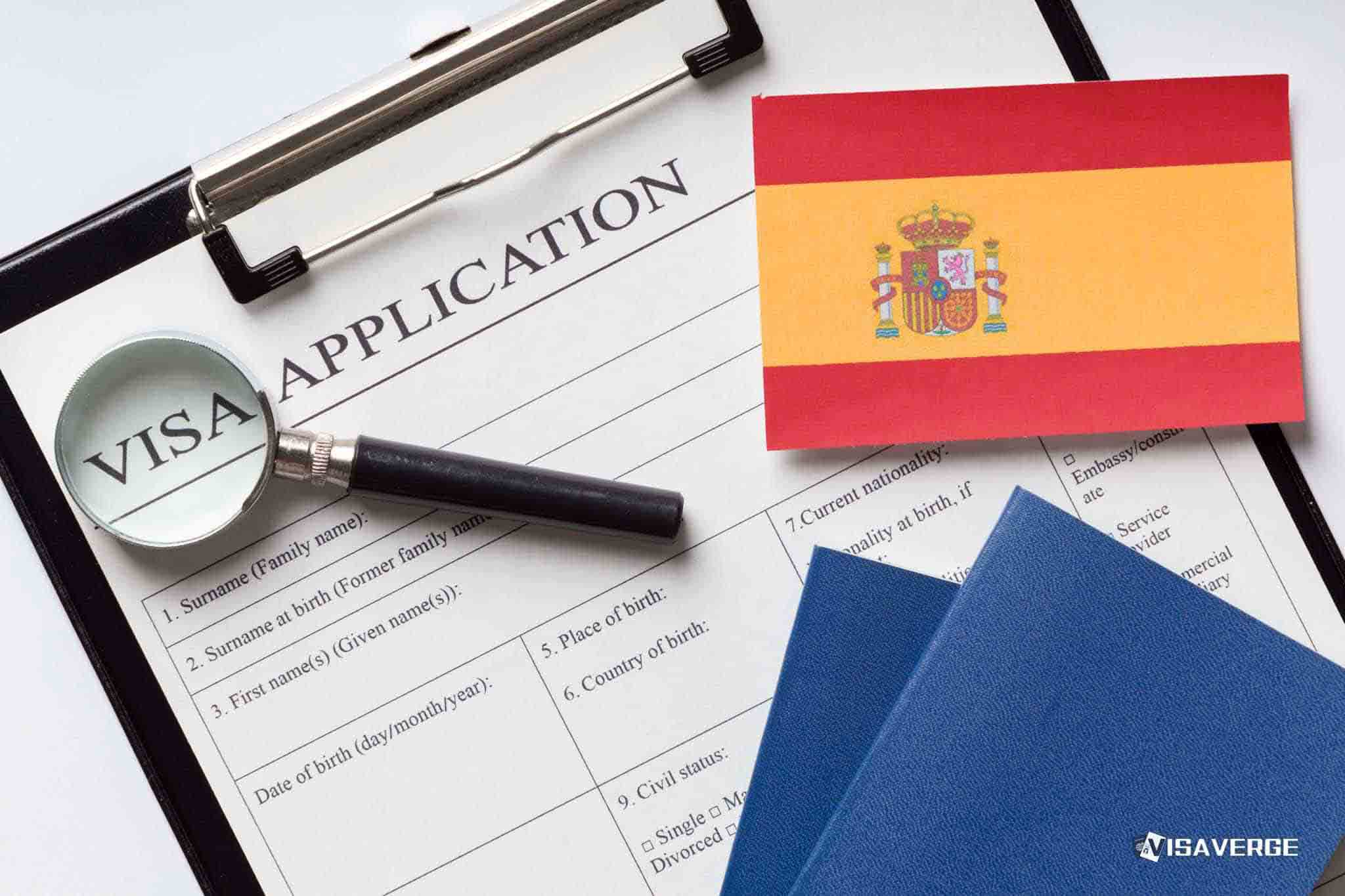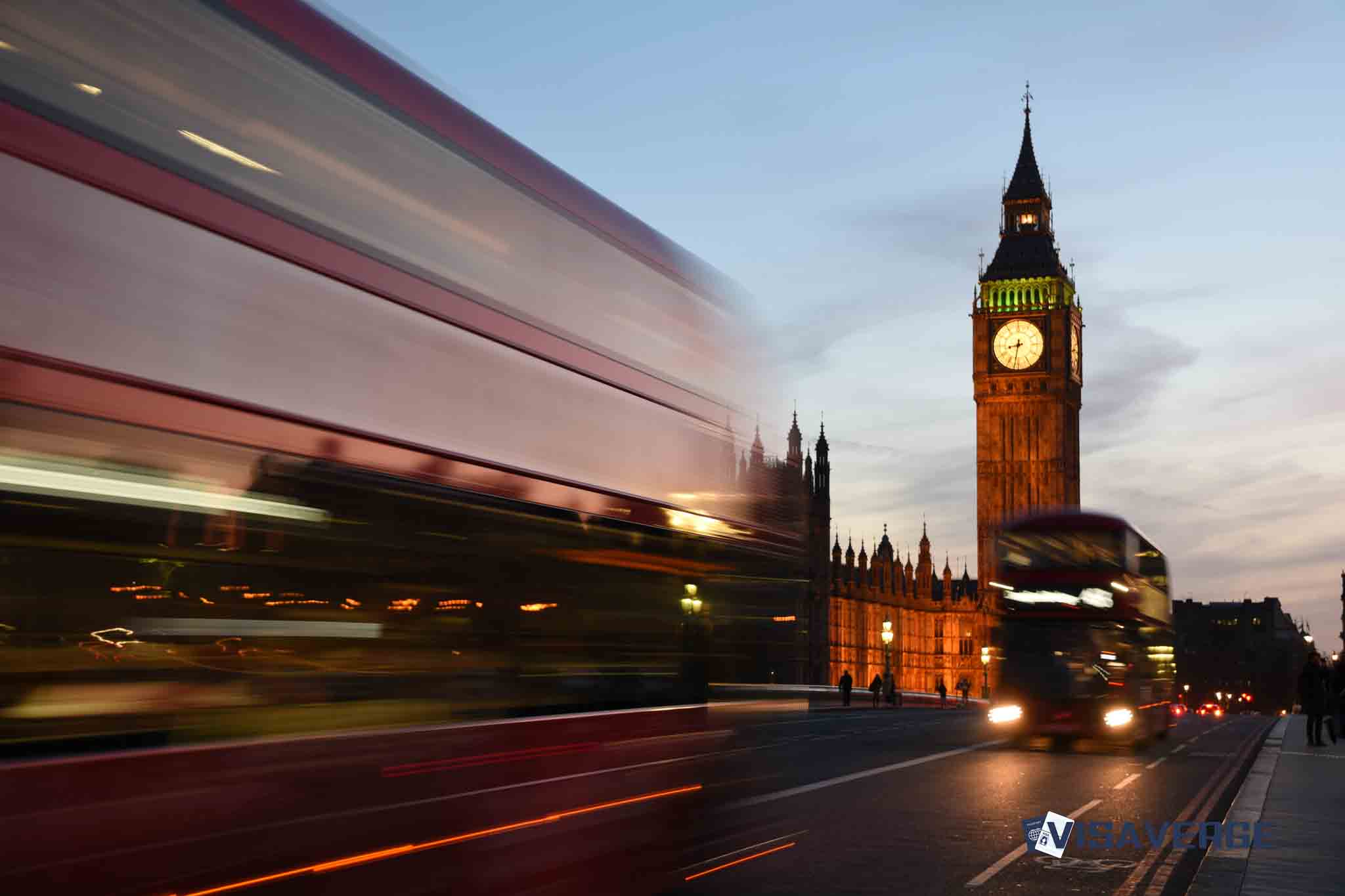Navigating UK Immigration for Retirees: Understanding Your Visa Options
Retirement brings a new chapter of life filled with possibilities, and for some, this means exploring the dream of relocating to the United Kingdom. But before packing your bags, it’s crucial to understand the retiree visa options in the UK and how they could apply to your circumstances.
Exploring the UK Retirement Immigration Programs
The UK offers various immigration pathways, but it’s important to note that, as of my knowledge cutoff in early 2023, there isn’t a dedicated retirement visa as such. Nonetheless, retirees may find alternative routes to make their UK retirement dream a reality.
Qualifying Through the UK Ancestry Route
A common method for individuals of retirement age to gain permission to live in the UK is through the UK Ancestry Route. This is applicable if you have a grandparent born in the UK, Channel Islands, or the Isle of Man, and you are a Commonwealth citizen. To qualify, aside from the ancestral link, you must meet other criteria including showing your ability and intention to work in the UK – even part-time or voluntary work could suffice.
For more detailed guidelines on this route, visiting the UK Government’s Immigration and Visas page will provide the most current procedures and requirements.
Investor and Entrepreneur Visas: An Alternative Path
If you’re a retiree with a substantial financial portfolio, the Tier 1 (Investor) visa might be of interest. This program requires a significant investment in UK government bonds, share capital, or loan capital in active and trading UK-registered companies. The required investment amount can vary, and the regulations change, so consulting the official UK Visas and Immigration guide is recommended.
Similarly, if you’re looking to start a business in retirement, the Tier 1 (Entrepreneur) visa might be an option. However, this route requires not only a notable financial investment but also active participation in the business.
Joining Family in the UK
For those retirees whose close family members are settled in the UK, the ‘family of a settled person’ visa may be a potential avenue. Generally, this would require proof of dependency and that family members in the UK can support, accommodate, and care for you without relying on public funds.
Standard Visitor Visa for Temporary Stays
For retirees simply wishing to spend part of the year in the UK, the Standard Visitor visa permits stays of up to six months for leisure. This could be an excellent way to enjoy the UK retirement lifestyle temporarily without committing to full-time residency. Keep in mind that this visa does not allow you to work or settle in the UK.
Health and Financial Considerations
When planning for UK immigration for retirees, consider health insurance and proof of finances. The National Health Service may not cover you without incurred costs, so securing comprehensive health insurance is prudent. Additionally, when applying for your visa, having evidence of sufficient funds to support your stay is typically necessary.
Preparing for Your Application
Detailed planning is essential in the immigration process. Here’s a checklist of things to consider before applying for any of the retiree visa options in the UK:
- Assess which visa category best applies to your situation;
- Gather all necessary documentation, including proof of finances and ancestral ties (if applicable);
- Ensure you meet the health and character requirements set by UK immigration authorities;
- Consider the long-term cost implications, including health insurance and living expenses.
Staying Updated
Given that immigration laws are subject to change, it’s vital to stay current with the latest updates. The UK Home Office website is an invaluable resource for the most up-to-date information regarding UK retirement immigration programs.
Before making any decisions or applications, you may also wish to consult with an immigration advisor or attorney who specializes in UK immigration law.
The idea of retiring in the picturesque landscapes or the historic cities of the United Kingdom can be enticing. While the route may involve careful navigation of the visa system, with proper guidance and planning, it can be a journey worth taking for those dreaming of a British retirement.
Expert Insights
Did You Know?
- The United Kingdom is home to one of the oldest living trees in Europe, known as the Fortingall Yew. Estimated to be around 5,000 years old, it has witnessed numerous waves of immigration and cultural changes throughout history.
- The UK has a long-standing tradition of accepting refugees. In the late 1930s and early 1940s, during World War II, the UK provided a safe haven for around 10,000 child refugees, mainly from Jewish families fleeing Nazi persecution in Europe.
-
Immigration has significantly contributed to the growth of the British food industry. From curry houses introduced by Bangladeshi immigrants in the 1960s to the popular dish “chicken tikka masala,” which originated in the UK, the country’s culinary landscape has been enriched by immigrant influences.
-
The UK has experienced various waves of immigration throughout history. One notable example is the arrival of the Windrush generation. Between 1948 and 1971, over half a million people from Caribbean countries were invited to the UK to help rebuild the country after World War II.
-
The UK has a unique citizenship policy known as “jus soli.” This means that anyone born on British soil is automatically granted British citizenship, regardless of the nationality of their parents. This differs from many other countries that follow “jus sanguinis,” citizenship based on parentage.
-
The UK’s immigration system includes a points-based system for skilled workers. This system assesses applicants based on factors such as education, work experience, and English language proficiency to determine eligibility for work visas.
-
Throughout history, the UK has been a popular destination for international students. In 2021, the UK hosted over 570,000 international students, making it one of the top countries for higher education.
-
The British Nationality Act of 1948 granted citizenship to citizens of Commonwealth countries. This legislation aimed to strengthen ties and foster a sense of unity among former colonies and the UK.
-
The UK has a diverse cultural landscape shaped by immigration. Over 300 languages are spoken in London alone, reflecting the multicultural nature of the city and the country as a whole.
-
The UK has a rich literary history influenced by immigrant writers. Writers like Salman Rushdie, Zadie Smith, and Kazuo Ishiguro have made significant contributions to modern British literature, reflecting the interweaving of cultures and experiences in the country.
Remember, while this content provides valuable information on UK retiree visa options, it is essential to explore the wider context of immigration to fully understand the societal, cultural, and historical impacts.
Learn today
Glossary of Immigration Terms:
- Retiree Visa: A visa or residency program specifically designed for individuals who wish to relocate to another country for retirement purposes.
- UK Ancestry Route: An immigration pathway in the United Kingdom that allows individuals with a grandparent born in the UK, Channel Islands, or the Isle of Man, and who hold Commonwealth citizenship, to live and work in the UK.
-
Tier 1 (Investor) Visa: A visa category in the UK that requires a significant investment in UK government bonds, share capital, or loan capital in active and trading UK-registered companies. This visa is suitable for retirees with substantial financial portfolios.
-
Tier 1 (Entrepreneur) Visa: A visa category in the UK that permits individuals to start and actively participate in a business. This visa option is suitable for retirees who wish to start a business during their retirement.
-
Family of a Settled Person Visa: A visa category in the UK that allows retirees to join their close family members who are already settled in the UK. Proof of dependency and the ability of family members to support and accommodate the retiree is typically required.
-
Standard Visitor Visa: A visa category in the UK that allows retirees to temporarily stay in the country for leisure purposes for up to six months. It does not grant the right to work or settle in the UK.
-
National Health Service (NHS): The publicly funded healthcare system in the United Kingdom. Retirees considering immigration should be aware that they may not be entitled to free healthcare coverage and may need to secure comprehensive health insurance.
-
Proof of Finances: Documented evidence demonstrating that the retiree has sufficient funds to support their stay in the UK. This is typically a requirement when applying for a visa or residency program.
-
Health Insurance: A type of insurance that covers medical expenses incurred by the insured. Retirees planning to immigrate to the UK should consider securing comprehensive health insurance to ensure adequate healthcare coverage.
-
Immigration Advisor: A professional who provides expert advice and guidance on immigration matters. Retirees considering UK immigration may benefit from consulting with an immigration advisor or attorney who specializes in UK immigration law to navigate the visa system effectively.
-
UK Home Office: The government department responsible for immigration, security, and law enforcement matters in the United Kingdom. The UK Home Office website is a reliable source of up-to-date information on UK retirement immigration programs.
It is important to note that the information provided in this glossary is based on the content provided and may not encompass all immigration terminology related to retiree visa options in the UK.
So, there you have it, my tech-savvy friend! Navigating UK immigration for retirees may not be a walk in the park, but with the right visa knowledge and a pinch of British charm, you’ll be sipping tea in no time. Remember, this is just the tip of the iceberg, so hop on over to visaverge.com for even more juicy details on retiring in the UK. Happy exploring!
FAQ’s to know:
FAQ 1: Can retirees relocate to the UK under a dedicated retirement visa?
No, as of my knowledge cutoff in early 2023, there isn’t a dedicated retirement visa for the UK. However, retirees may explore alternative routes such as the UK Ancestry Route, investor and entrepreneur visas, or joining family members in the UK.
FAQ 2: How can retirees qualify for the UK Ancestry Route?
To qualify for the UK Ancestry Route, retirees must have a grandparent born in the UK, Channel Islands, or the Isle of Man, and hold Commonwealth citizenship. Additionally, they must show the ability and intention to work in the UK, even if it’s part-time or voluntary work.
FAQ 3: What visa options are available for retirees wishing to temporarily stay in the UK?
Retirees wishing to spend a limited period in the UK can apply for a Standard Visitor visa, which allows stays of up to six months for leisure purposes. However, this visa does not permit work or settlement in the UK.
What did you learn? Answer below to know:
- True or False: The UK offers a dedicated retirement visa for individuals looking to retire in the country.
- Which visa category in the UK requires a significant financial investment in government bonds or UK-registered companies?
a) Ancestry Route Visa
b) Family of a Settled Person Visa
c) Standard Visitor Visa
d) Tier 1 (Investor) Visa - What is a key consideration for retirees planning to relocate to the UK in terms of healthcare?
a) The National Health Service provides free healthcare for retirees.
b) Comprehensive health insurance is necessary as the National Health Service does not cover retirees without costs.
c) A retiree can rely on public funds for healthcare expenses.
d) Healthcare expenses are fully covered by the UK government for retirees.














